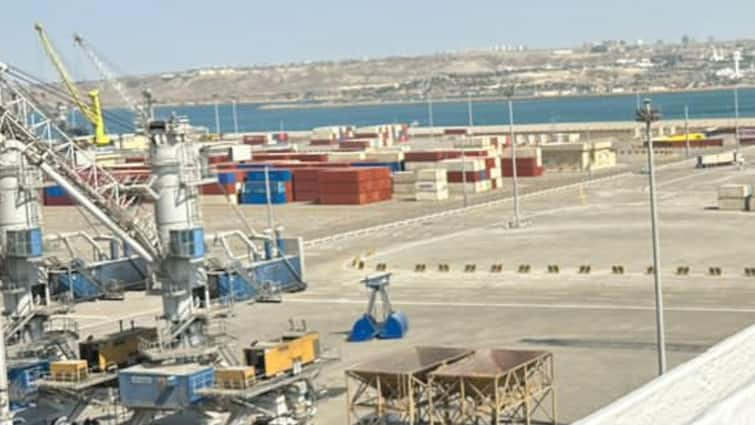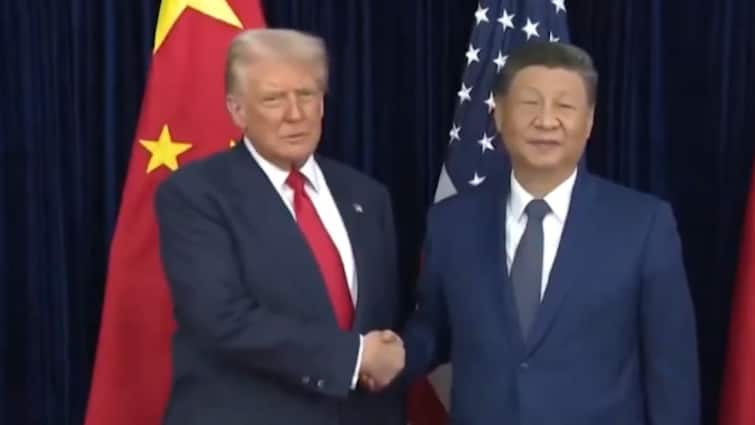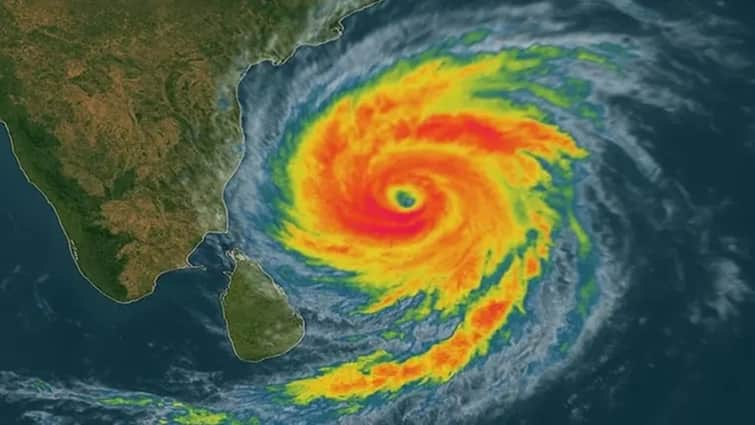Show Quick Read Key points generated by AI, verified by newsroom India has secured a six-month exemption from American sanctions on the Chabahar Port project in Iran, the Ministry of External Affairs (MEA) announced on Thursday. The reprieve, granted by Washington, will allow India to continue its operations and investments in the strategically significant port without facing punitive measures. Confirming the development, MEA spokesperson Randhir Jaiswal said the exemption underscores the port’s importance in regional connectivity and India’s long-term economic interests. “The United States has granted India a six-month exemption from American sanctions on Chabahar Port. We remain engaged with the US to conclude a trade deal,” Jaiswal stated during a weekly press briefing.
Strategic Importance of Chabahar Port The announcement follows India’s 10-year agreement with Iran, signed last year, under which state-run India Ports Global Ltd (IPGL) pledged to invest $370 million in developing the Chabahar Port. Situated on Iran’s southeastern coast, Chabahar provides India with a vital trade route to Afghanistan and Central Asia, bypassing Pakistan, a factor that has made it a cornerstone of New Delhi’s regional strategy. Jaiswal added that both sides are in “continuous dialogue” to finalise a long-pending trade agreement. “We continue to remain engaged with the US side on finalising the trade deal. Discussions are ongoing.
For further updates, I would refer you to the Ministry of Commerce,” he said. Waiver Echoes Earlier US Exemption This is not the first time Washington has issued a waiver for India’s involvement in Chabahar. In 2018, under the Trump administration, New Delhi received a similar exemption that allowed Indian firms to continue developing the port despite sweeping US sanctions on Tehran. The latest exemption comes in the wake of renewed American sanctions on Iran, following United Nations measures linked to the country’s nuclear programme. Addressing another question during the briefing, Jaiswal also confirmed that some Indian companies had received licences to import rare earth magnets from China, noting that developments in ongoing US-China talks could influence India’s position.
“We have to see how the US-China discussions play into our domain,” he remarked. Meanwhile, Jaiswal shared updates on the deportation of Indian nationals from abroad. “Since January this year, over 2,790 Indian nationals have been deported from the United States for failing to meet legal residency criteria. We verified their credentials and nationality before their return,” he said. “From the UK, around 100 Indian nationals have been deported after their nationality was duly verified by us.
”.








